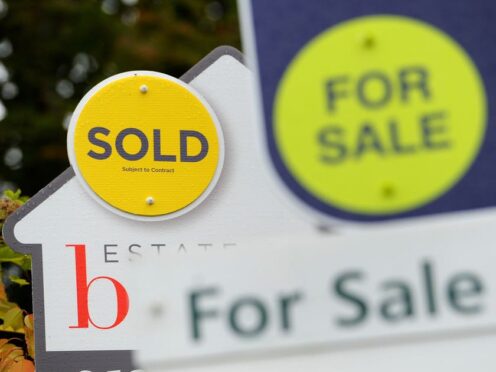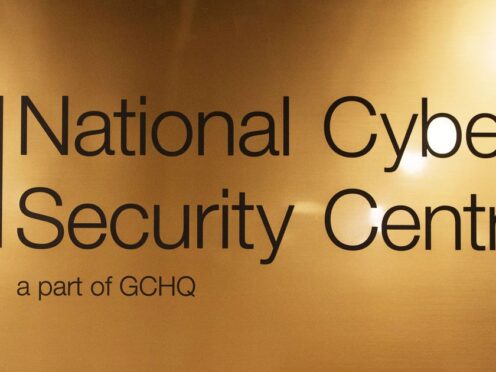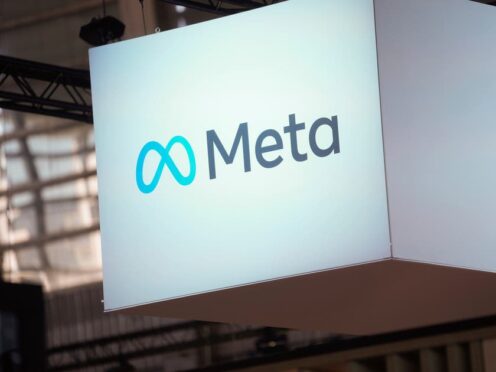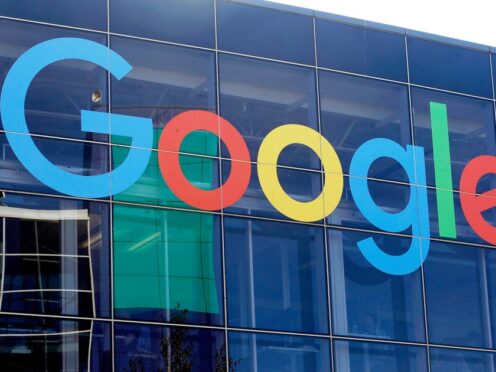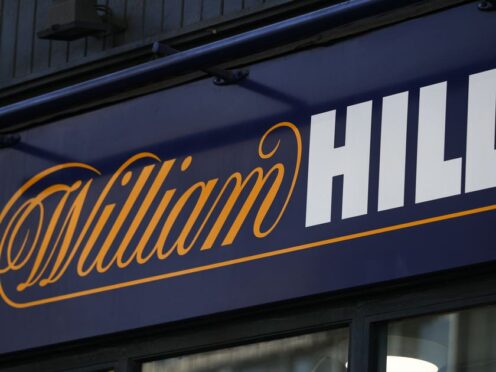One in five employers plan to implement a “no Covid jab, no job” policy in the year ahead for new and existing staff, research suggests.
The conciliation service Acas said its survey also found that half of employers would not insist on Covid jabs as a condition of employment, while one in five were not sure.
Acas chief executive Susan Clews said it is a “very tricky” area of employment law.
“Most workplaces are starting to navigate what working life should look like post-pandemic and it is clear from our poll that most employers have no plans to require staff to be vaccinated,” she said.
“It is always best to support staff to get the vaccine, rather than insisting that they get it, and it’s a good idea for employers to get legal advice before bringing in a vaccine policy.”
Employers ‘should listen’ to staff over Covid vaccine
Acas said its advice was that it is best to support staff to get the vaccine, rather than requiring them to get it.
It added: “There are some practical ways that employers could support staff, such as paying them their usual rate of pay if they are off sick with vaccine side effects instead of statutory sick pay.
“Employers could also consider offering staff paid time off for vaccination appointments.
“If someone does not want to be vaccinated, then the employer should listen to their concerns.
“Some people may have health reasons, such as an allergic reaction to the vaccine, and some employees may have other reasons for not wanting to be vaccinated.”
The report was based on a survey of more than 1,000 employers.

